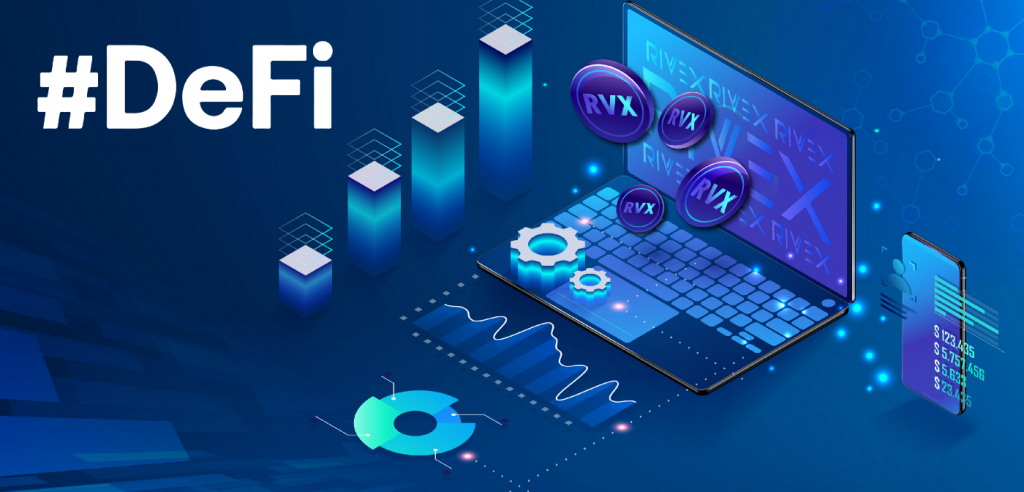The distributed ledger system known as blockchain employs encryption to provide data and transaction assurance and integrity. Secured databases, decentralized applications, decentralized finance, immutable ledgers, non-fungible tokens (NFTs), and cryptocurrencies are all possible with blockchain networks.
Bitcoin, Ethereum, Avalanche, Polygon, Solana, and Arbitrum are a few blockchain networks and cryptocurrencies that use various blockchain technologies. Enabling interoperability and exchange across different blockchain networks is an area in which cross chain bridges also known as blockchain bridges–are becoming increasingly important. Here are the best cross chain bridges in the Defi market.
Binance Bridge
The Binance Bridge offers a wide range of options for bridging many cryptocurrencies. The project is linked to the Binance Smart Chain blockchain project, which will be renamed BNB Chain in February 2022. Binance Bridge is not limited to that single blockchain.
The Binance Bridge is yet another well-known cross-chain bridge that aims to improve interoperability in the cryptocurrency industry. Anyone can use this Ethereum-Binance Smart Chain (BSC) Bridge to convert their crypto tokens into and out of Binance Chain and BSC-compatible formats. Currently, the Binance Bridge supports the conversion of ERC-20 tokens and a few coins from other networks, such as XRP, LINK, ATOM, DOT, XTZ, and ONT.

Supported blockchain networks: Solana, Ethereum, BNB Chain, and Tron.
Celer cBridge
The Celer cBridge uses the Celer State Guardian Network to enable liquidity across different blockchains.
Supported blockchain networks: Ethereum, BNB Chain, Astar, Avalanche, Polygon, Fantom, Metis Mainnet, Arbitrum, Oasis Emerald, Celo, Harmony, Moonbeam, Moonriver, Aurora, Optimism, Boba Network, Heco, Clover, OKExChain, Gnosis Chain, Milkomeda Cardano, and Shiden.
Cross-Chain Bridge
The Tixl organization in Germany created this platform, which will be rebranded as the Autobahn Network in March 2022. Cross-Chain Bridge can connect tokens and NFTs from one network to another.
Supported blockchain networks: Avalanche, Polygon, BNB Chain, Ethereum, and Fantom.
Umbria Narni Bridge

The Umbria Narni Bridge facilitates blockchain asset transfer by utilizing liquidity pools, which hold assets across multiple chains.
Supported blockchain networks: Ethereum Mainnet, Polygon Mainnet, BNB Chain, Avalanche.
Multichain
Multichain, formerly known as Fantom Anyswap, bills itself as a cross-chain router protocol that allows data and assets to flow between blockchain networks. Multichain is the only cross-chain bridge service that supports as many token types.
Supported blockchain networks: Astar Network, Arbitrum, Aurora, Avalanche, Bitcoin, Blocknet, BNB Chain, Boba Network, Celo, ColossusXT, Conflux eSpace, Clover, Cronos, Ethereum, Fuse, Fusion, Fantom, Gnosis, Huobi, Harmony, IoTex, KCC, Litecoin, Milkomeda, Metis, Moonbeam, Nebulas, Oasis Network, OEC, Optimism, Polygon, REI, Syscoin NEVM, Shiden Network, Terra, Telos, Velas, and XRP.
Wormhole
Wormhole uses a smart contract to lock in an origin token before wrapping it in a Wormhole minted token on the target blockchain.
Supported blockchain networks: Ethereum, Solana, Terra, Polygon, BNB Chain, Avalanche, Oasis, and Fantom.
Conclusion
Cross-chain bridge provides frequently supports multiple blockchain types, though specific support varies by provider. One of the most common features across cross-chain bridges is the ability to bring smart contracts, tokens, and NFTs from the Ethereum mainline to other blockchain networks.
When selecting cross-chain bridges in the Defi market, users should ensure that the blockchain network and the token or NFT are supported. Different networks have different fees, which can be volatile and change frequently. If you need help with Blockchain services, contact SmartOSC.
Contact us if you have any queries about Blockchain development services, dApps development, NFT marketplace development, Crypto wallet development, Smart contracts development.

